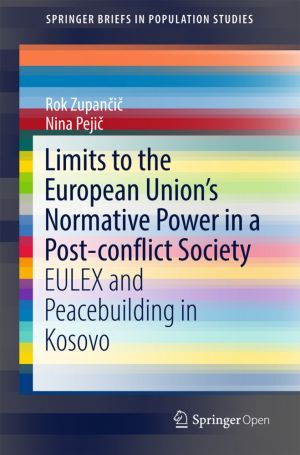
By shedding light on EULEX - the EU mission to Kosovo – this book investigates the EU's peacebuilding activities in that country, in the light of the normative power theory in the post-conflict setting and peacebuilding theory. Ten years after the massive engagement of the EU in the country torn by war, the authors critically assess the effe...
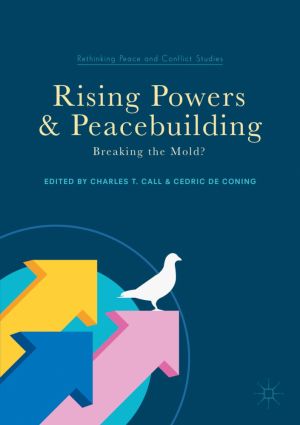
This edited volume examines the policies and practices of rising powers on peacebuilding. It analyzes how and why their approaches differ from those of traditional donors and multilateral institutions. The policies of the rising powers towards peacebuilding may significantly influence how the UN and others undertake peacebuilding in the future. Thi...
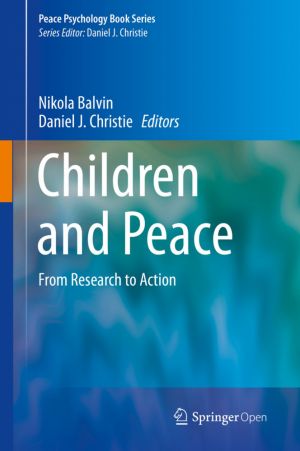
This free book brings together discourse on children and peace from the 15th International Symposium on the Contributions of Psychology to Peace, covering issues pertinent to children and peace and approaches to making their world safer, fairer and more sustainable. The book is divided into nine sections that examine traditional themes (social con...
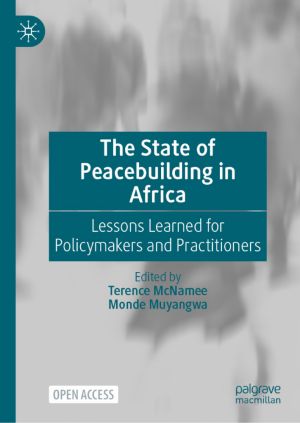
This open book on the state of peacebuilding in Africa brings together the work of distinguished scholars, practitioners, and decision makers to reflect on key experiences and lessons learned in peacebuilding in Africa over the past half century. The core themes addressed by the contributors include conflict prevention, mediation, and management; p...
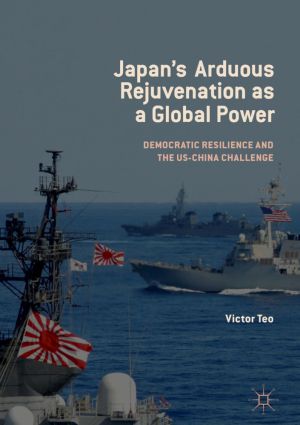
This book assesses the profound impact of Japan's aspirations to become a great power on Japanese security, democracy and foreign relations. Rather than viewing the process of normalization and rejuvenation as two decades of remilitarization in face of rapidly changing strategic environment and domestic political circumstances, this volume co...
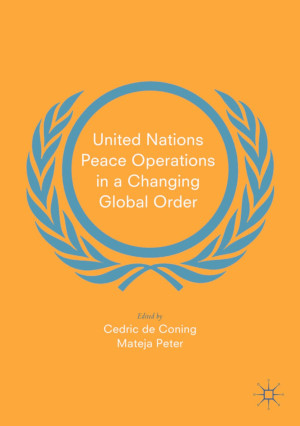
This open access volume explores how UN peace operations are adapting to four trends in the changing global order: (1) the rebalancing of relations between states of the global North and the global South; (2) the rise of regional organisations as providers of peace; (3) the rise of violent extremism and fundamentalist non-state actors; and (4) incr...
